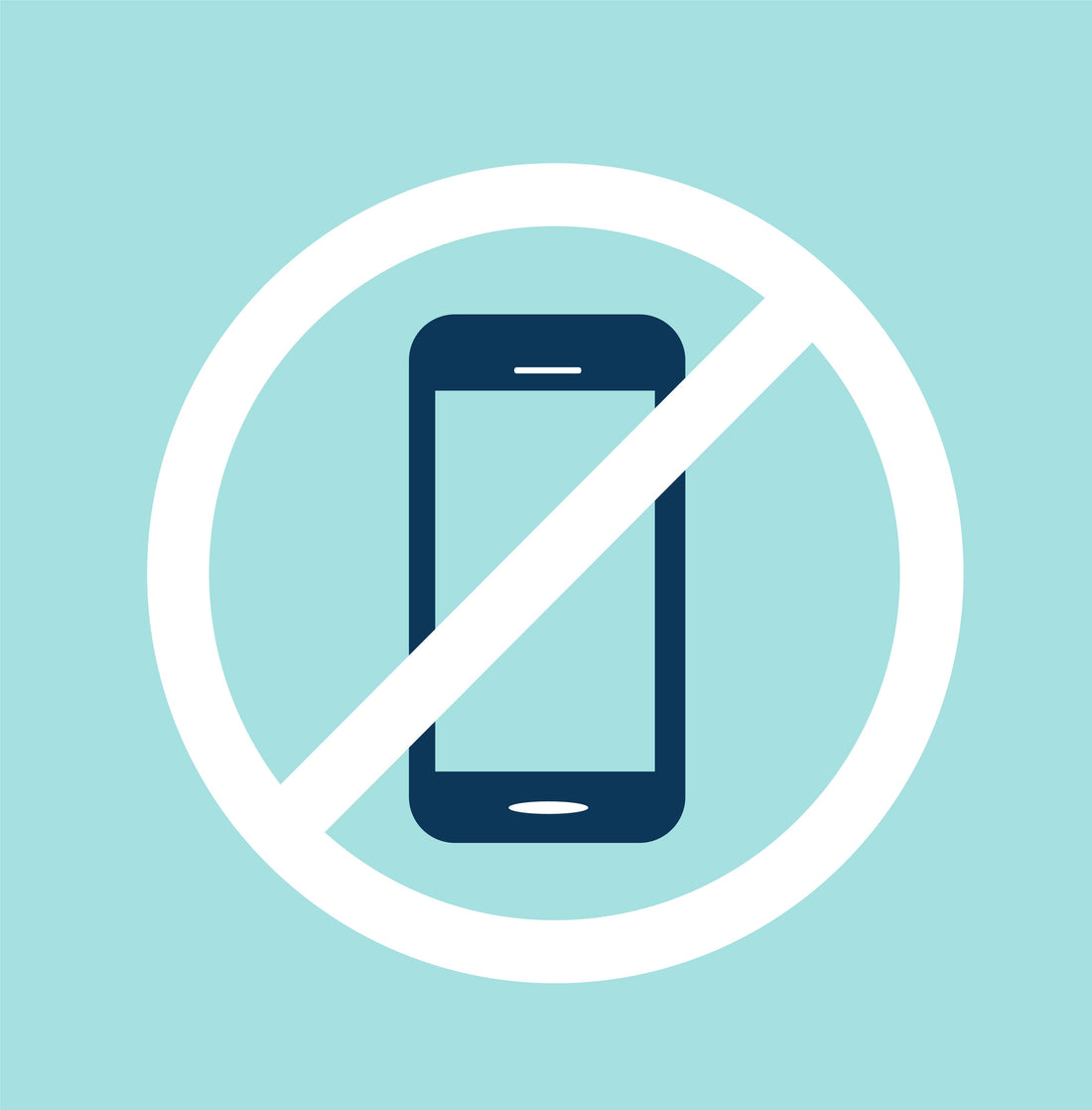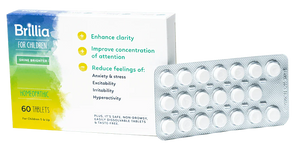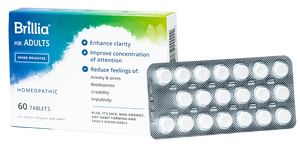If you feel bad about sleeping next to your phone every night, rest assured you’re not the only one. A 2022 survey by Reviews.org revealed that 62 percent of Americans sleep with their phone at night and 47 percent consider themselves “addicted” to their phones.1 Teenagers are similarly affected; a survey by Common Sense Media found that 68 percent of teens keep their mobile devices within reach at night.2
The trouble with sleeping next to your phone and habitually scrolling before bed is that it can wreak havoc on your sleep. According to sleep disorders specialist Harneet Walia, MD, using your phone before bed keeps you psychologically engaged, suppresses melatonin, and delays REM, which is the deepest stage of sleep.3 Phones, tablets, and other screens emit blue light, which disrupts your sleep-wake cycle, leaving you vulnerable to insomnia, irritability, and daytime fatigue.
One of the best ways to break a bad habit is to replace it with a healthier alternative. Tonight, challenge yourself to leave your phone outside your room and try one of these bedtime routines instead:
1. Drink Bedtime Tea and Read a Good Book
There are numerous teas that promote good sleep, from chamomile and lavender to lemon balm and passionflower.4 Reading has also been shown to improve sleep and decrease stress. A 2021 online study found that 42 percent of people slept better when they read a book before bed and readers also sleep longer than non-readers.5 Pair tea with reading and you’ve got a sleep-inducing power couple.
2. Meditate or Journal
Both meditation and journaling are calm and quiet activities that have been proven to relieve stress and improve sleep quality. Mindfulness meditation, in particular, appears to reduce daytime disturbance in people with chronic insomnia as well as older adults.6 A study of 41 college students found that journaling helped to reduce bedtime worrying and stress, while also increasing sleep time.7 You don’t have to be a yogi or a writer to benefit from these enriching activities. Start off slowly by meditating for just five minutes each night and jotting down a few notes about your day in a journal. Gently add time to the activities until it’s a solid routine you look forward to.
3. Take a Warm Bath
Is there anything more relaxing than a bubble bath? Research shows taking a hot shower or bath before bed can improve sleep because of its effects on your body’s core body temperature. According to the Sleep Foundation, in the hours before bedtime, a human's core body temperature naturally cools, while skin temperatures of the hands and feet increase.8 Immersing yourself in a hot bath facilitates this natural temperature regulation process, improving sleep as a result.
4. Listen to Music
When it comes to listening to music before bed, the genre of music makes a difference. If you listen to upbeat pop songs, you’re bound to get stimulated and stay awake longer. But if you tune in to soft and relaxing music, researchers say music can decrease the stress hormone cortisol, trigger the release of the feel-good chemical dopamine, and thus improve sleep quality.9
5. Stretch, Breathe, and Relax
Stretching before bed helps to prep your muscles for sleep after a busy day of running errands and/or working. Stretching can also help increase blood flow, which has a positive effect on sleep.10 Pair your stretch with deep breathing to slow down your heart rate, clear your mind, and ease any residual tension from the day.
Importance of Bedtime Routines
Having a bedtime routine is a core tenet of practicing good sleep hygiene. Bedtime routines help your brain and body transition from day to night and ease tension. Other important factors of good sleep hygiene include going to bed at the same time every night and making sure your bedroom is cool, dark, and free from distractions (like your phone!).
After all, sleep quality is crucial for maintaining your overall health. According to the National Institutes of Health, poor sleep can increase the risk of slowed reaction times, exacerbate irritability, worsen anxiety, and contribute to health issues like obesity, high blood pressure, and diabetes.11
Incorporating Holistic Remedies into Your Routine
If you struggle with anxiety or ADHD, incorporating holistic remedies into your routine can be a game-changer. A holistic remedy supports the whole person and multiple facets that contribute to health, not just mental health needs. Brillia’s holistic Five Pillars combines neuroscience with behavioral science to address your whole-body health by promoting proper nutrition, adequate sleep, controlled screen time, and mindfulness practices. If you still need more support, try Brillia for Adults, a non-prescription medication designed to reduce anxiety, irritability, and restlessness while improving focus and clarity. This is achieved without any harsh, synthetic chemicals or harmful side effects and can be taken alongside any current prescription medications or supplements.
Find out more about how Brillia works and find more resources on maintaining whole-body health at the Brillia(nce) Resource Center.
Get a whole bunch of support right in your inbox.







